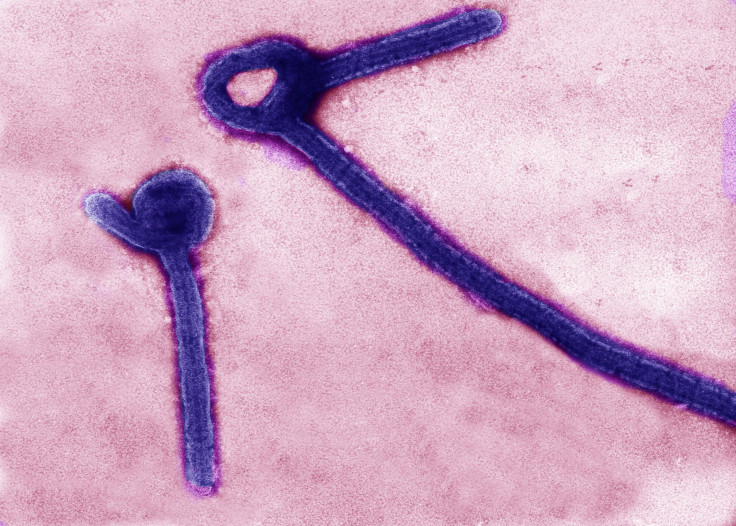Sexually Transmitted Ebola: Virus Stays In Survivors' Semen For Months

A report released Wednesday by a group of researchers has revealed that Ebola virus can stay in the semen of the survivor for over a period of nine months. In addition, the researchers also said that that the virus can also be transferred to the female partner through sexual contact.
In March 2015, a team of researchers identified a Liberian man who had possibly transferred the Ebola virus to his female partner. The man had survived Ebola and further analysis of his semen confirmed presence of Ebola genetic material in his sperms.
Ebola was identified in the semen of the man 175 days after he had first developed symptoms, 75 days more than any case studied previously. Following the discovery, the health officials changed the guidelines and asked the survivors to abstain from sexual activity for a period of three months.
Now, the two new studies published in the New England Journal of Medicine have confirmed that the Ebola virus was transferred to the female partner through a sexual contact. In the first study, the researchers concluded that the virus can be transferred sexually, even when the survivor is thought to be cleared of it.
In the second study, the researchers analyzed the semen samples of 93 male Ebola survivors in Sierra Leone. The team found that 25 percent of the men still tested positive for Ebola virus even after seven to nine months of first developing the symptoms.
Nearly 50 percent of the men tested positive between four and six months of the initial screening and semen sample of all of the men showed positive results when tested during the initial three months.
"Ebola survivors face an increasing number of recognized health complications," said the U.S. Centers for Disease Control and Prevention (CDC) director Dr. Tom Frieden. "This study provides important new information about the persistence of Ebola virus in semen and helps us make recommendations for survivors and their loved ones to help them stay healthy."
© Copyright IBTimes 2024. All rights reserved.



















